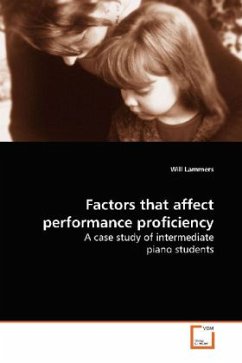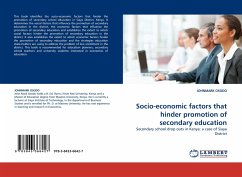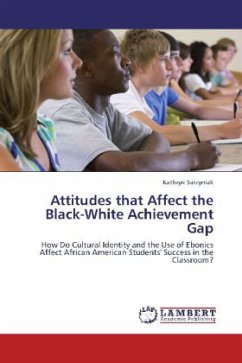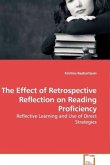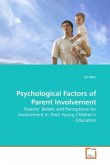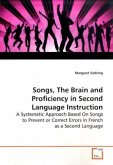Achieving proficient performance is a central goal in
learning, and
educators often set expectations for what forms it
should take. But
strategies need to be learned in order for students
to complete the
journey to proficient performance, and effective
teaching of these
skills is often given much less attention. The result
is that teachers
easily overlook or minimize the significance of
deficiencies in
students'' ability to use appropriate learning
strategies, and instead
"teach to the test." Piano practice is one domain
within which factors
that affect performance proficiency can be assessed.
The practice
strategies used by intermediate piano students having
different
learning styles are identified and assessed by
external examiners.
Relationships that exist between strategies used in
practice and
other areas of learning are investigated, as well as
to the effects of
attitude, motivation, and ownership of learning on
practice. This
investigation should be useful to educators and
students interested
in a case study of the influence of formative
learning strategies on
proficient performance.
learning, and
educators often set expectations for what forms it
should take. But
strategies need to be learned in order for students
to complete the
journey to proficient performance, and effective
teaching of these
skills is often given much less attention. The result
is that teachers
easily overlook or minimize the significance of
deficiencies in
students'' ability to use appropriate learning
strategies, and instead
"teach to the test." Piano practice is one domain
within which factors
that affect performance proficiency can be assessed.
The practice
strategies used by intermediate piano students having
different
learning styles are identified and assessed by
external examiners.
Relationships that exist between strategies used in
practice and
other areas of learning are investigated, as well as
to the effects of
attitude, motivation, and ownership of learning on
practice. This
investigation should be useful to educators and
students interested
in a case study of the influence of formative
learning strategies on
proficient performance.

